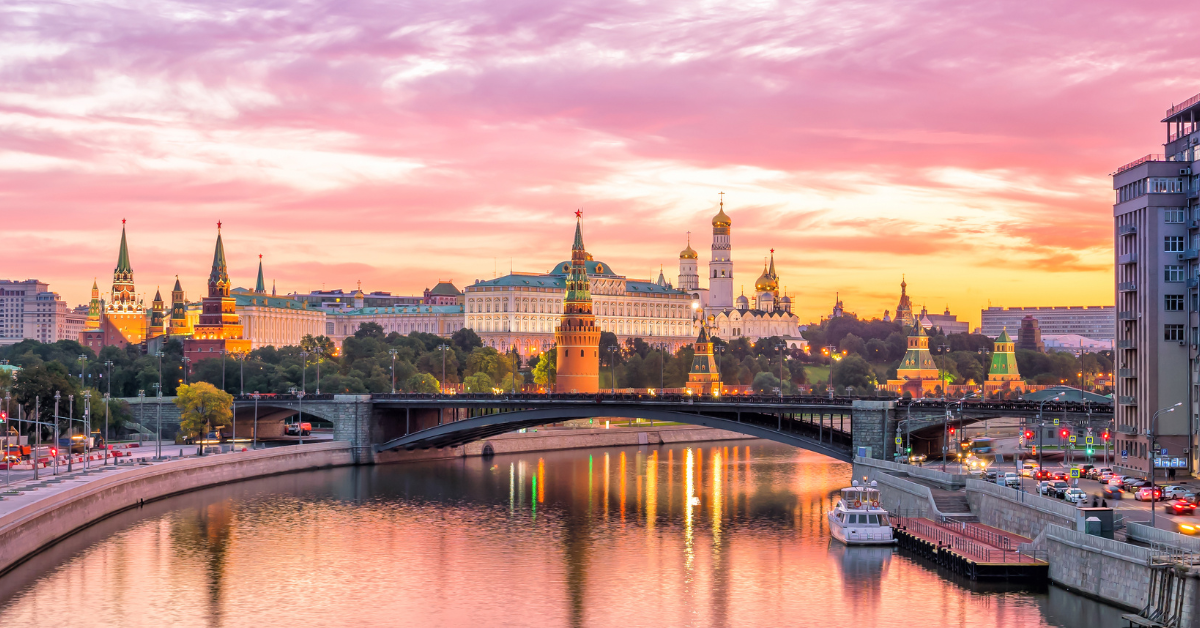In Japanese, Moscow is usually written in katakana, but in Chinese it becomes “莫斯科”. This form is not based on meaning but on phonetic transcription, where characters are chosen to approximate sounds. Exploring this practice reveals insights into how languages adapt foreign names and how Japanese people perceive Moscow culturally, historically, and through sports.
Why Moscow is Written as “莫斯科”
“莫斯科” as a Transcription
“莫斯科” represents the Chinese pronunciation of Moscow, “Mòsīkē”, written with characters chosen solely for their sounds. The characters themselves do not carry the meaning of the city.
| Character | Pronunciation | Role in Transcription |
|---|---|---|
| 莫 | mo | Represents “Mo” |
| 斯 | si | Represents “Su” |
| 科 | ke | Represents “Kua” |
In Japanese, katakana is used to write “モスクワ (Mosukuwa),” while in Chinese, characters must always be used. This difference arises from the writing systems.
How Foreign Cities are Transcribed in Chinese
In Chinese, foreign cities are expressed by choosing characters whose sounds approximate the original name. Since Chinese characters are logographic, special adaptations are needed to represent foreign words.
| City (Japanese) | Chinese Characters | Pronunciation (Pinyin) | Features |
|---|---|---|---|
| London | 伦敦 | Lúndūn | Uses “伦” and “敦” for sound similarity |
| Paris | 巴黎 | Bālí | Short and easy to remember |
| New York | 纽约 | Niǔyuē | Split sound into “纽” and “约” |
| Moscow | 莫斯科 | Mòsīkē | Three characters approximate full sound |
This practice is not unique to Chinese. Similar systems exist in Korean and Vietnamese, reflecting the strategies of the Chinese character cultural sphere.
The Image of Moscow Among Japanese People
Historical Image
Moscow has long been regarded as the capital of the former Soviet Union and a symbol of the Cold War. For Japan, it often appears in diplomatic and international contexts, reinforcing its reputation as the “center of power.”
Cultural Image
On the other hand, Moscow is known for Red Square, the Kremlin, and Saint Basil’s Cathedral, treasures of world heritage and architecture. Furthermore, it is recognized as the home of Tchaikovsky’s classical music and the Bolshoi Ballet, making it a cultural and artistic hub admired by many in Japan.
Modern Image
In recent decades, Moscow has transformed into a modern international city with skyscrapers and business districts. However, impressions of “coldness” and “distance,” along with the shadow of its Soviet past, persist, giving Japanese people the sense of a city marked by dignity and gravity.
| Type of Impression | Content | Japanese Perception |
|---|---|---|
| Historical | Cold War capital, symbol of socialism | Politically rigid and powerful city |
| Cultural | World heritage, music, ballet | High artistic value, admired |
| Modern | Skyscrapers, global city | Both dignified and modern |
Moscow as a Sports Capital
Moscow is also famous as a venue for major international sports events. In 1980, it hosted the Summer Olympics, remembered for political tensions and boycotts under the Cold War.
The city is also home to many strong clubs in football and ice hockey, securing its place as a European sports powerhouse.
| Sport | Club / Event | Feature |
|---|---|---|
| Football | CSKA Moscow, Spartak Moscow | Successful in European tournaments |
| Ice Hockey | KHL clubs (e.g., Dynamo Moscow) | Among the world’s top teams |
| Olympics | 1980 Summer Games | Marked by Cold War boycotts |
| FIFA WC | 2018 Russia Tournament | Hosted matches for Japan’s national team |
Through sports, Japanese tourists visiting Moscow have increased, adding to the political image of the city a sense of energy and vibrancy.
Conclusion
The reason Moscow is written as “莫斯科” is the Chinese tradition of phonetic transcription. While rarely used in Japan, this notation is fully established in Chinese-speaking regions.
For Japanese people, Moscow carries multiple faces:
- Historically, a symbol of the Cold War
- Culturally, a city of arts and world heritage
- Modernly, a global business hub
- In sports, a stage for world-class tournaments
Thus, to truly understand Moscow, one must look beyond politics and history to include its culture, sports, and international exchanges. By doing so, Moscow emerges not simply as a distant capital, but as a multifaceted city active on the global stage.






